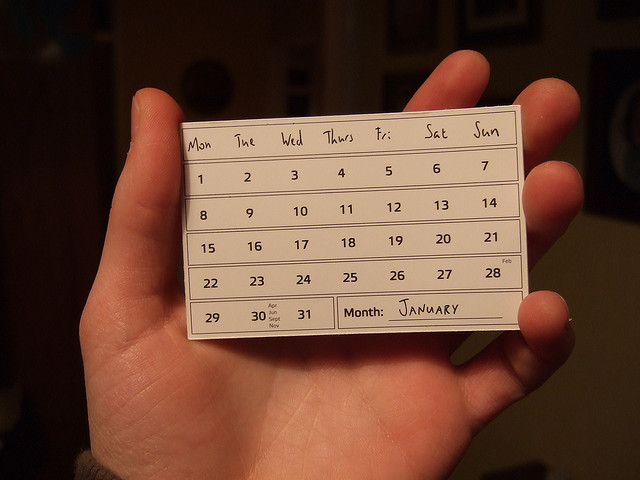
In the past, students traditionally took gap years before they went off to college. Recently, however, it is becoming more and more common for twenty-somethings to take a gap year after they graduate college and before they enter the “real world.” Gap years come in all shapes and sizes. Often times, soon-to-be graduate school students who want to raise test scores or gain experience before jumping back into academics take this time to study for a test or apply to schools. Other times graduates will do volunteer work or sign up for programs like Teach for America or the Peace Corps before diving into their “real” careers. Still others move back home for a year and take a job that isn’t quite in their field in order to save money to reach a more independent goal.
The problem with how most people perceive gap years is that they are viewing them as a buffer time. It’s seen as a time to do the exploratory youth thing while you’re still mobile and untethered. Gail Reardon, of gap year counseling firm Taking Off, said in US News and World report that, “A gap year is about what happens after school, how you make decisions, how you figure out who you are, where you want to go, and how you need to get there. It’s about the skill set you need to live your life.” Herein lies the fundamental problem with the general perception of a gap year. A gap year is not just giving you a “skill set you need to live your life,” a gap year is your life.
Gap years are not breaks from life. Life has no breaks; everything you do is part of the journey. It’s not as if your path to becoming a lawyer is put on hold while you participate in Teach for America. Instead, understand that being a lawyer is one goal in your big, amazing life. Another goal is to help educate youth and to become a more compassionate person. What you do now will not only affect what you do and who you are down the road, but, if you let it, it can drastically change who you are for the better.
By the time most of us reach twenty-somethinghood, our ideas of what life is supposed to look like are deeply ingrained within our minds. It can be hard to realize that what your life looks like is not at all set in stone, especially if you have just racked up mountains of student loans and spent four years of your life devoted to achieving one specific goal. Don’t be afraid to view gap years as an actual, meaningful part of your life instead of just a buffer period.
A gap year doesn’t have to include some sort of epiphany about who you are as a person, but it does include part of your life and that’s something you can’t disown or throw away. It’s something you have to take responsibility for. It’s something you have to own and take advantage of. You have to mentally be aware of what you’re doing and how you’re spending your time.
I’m in somewhat of a gap year myself. I graduated from college in May and, instead of moving out of my tiny 13,000-person college town, have decided to stay and move in with my boyfriend while he finishes his final year of school. I know that if I had moved away, I could be at companies where I would, perhaps, be making more money or gaining more experience. It’s easy to start putting myself in the gap year mindset and tell myself that this year is just a throwaway year and it doesn’t really count. Living in my college town after graduation isn’t what I would choose to do under normal circumstances. I start feeling like I don’t have to take responsibility for this year of my life and I can be as unproductive as I want with it.
Wrong on all counts! Life has no normal circumstances. This is life and I have chosen to live and work here in this place. I have to ask myself what I’m doing now and how that’s going to impact the rest of my life. How am I bettering myself? I’ve learned so much about office culture and what works best for me in the past six months. I can now pinpoint with precise detail what kind of environment will make me feel productive and excited to work, and what kind of environment is the exact opposite. Going forward with my life I know I have to seek out those places that make me happy to go to work. I know that no amount of money or type of job with be worth working somewhere that makes me unhappy.
I have also taken responsibility for myself as a writer and started personal writing project as well as contributing to online publications like GenTwenty! I know of so many people who stopped writing or practicing whatever passion they held in college once they graduated only to pick it up 20 years later, regretting the day they put the pen down. I know how happy writing makes me and I know that writing is something I want to do and be known for. I know I can’t put down the pen during the buffer period, this gap year, while I wait for my “real life” to start. This is my real life and I’ve got to take responsibility for that. After all, if you disown or dismiss a year or two of your own life and label it unreal, how can you claim what follows as your own?
